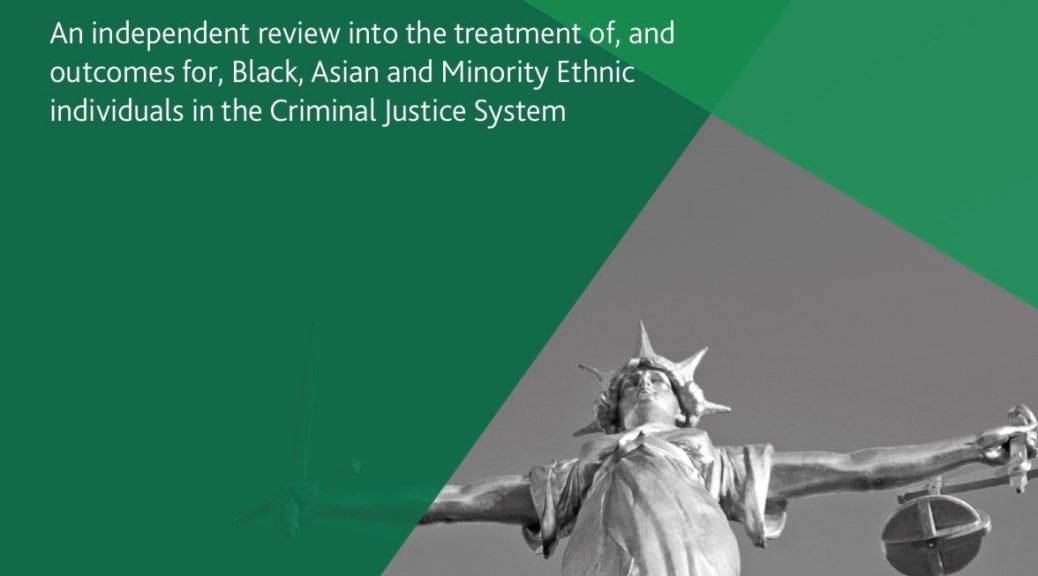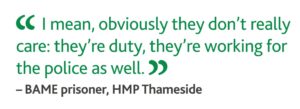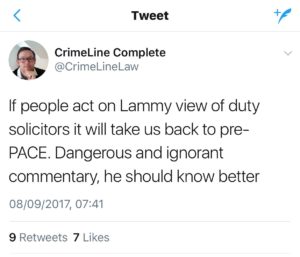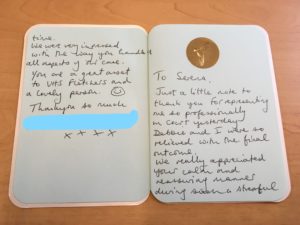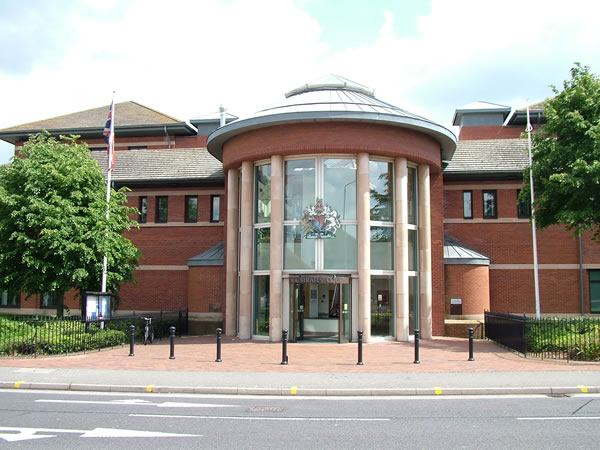People appear reluctant to seek advice for a police interview. Why?
You should always ask for VHS Fletchers in police interview because…
We are free.
 No matter what time of the day or night, or how long a solicitor has to spend providing you with expert advice and assistance, our services will be free to you as we hold a legal aid contract with the government.
No matter what time of the day or night, or how long a solicitor has to spend providing you with expert advice and assistance, our services will be free to you as we hold a legal aid contract with the government.
The government recognises that the last thing a person will want to think about when detained by the police under investigation will be whether they can afford to be represented.
You don’t need to worry about that. Ever.
What other reason could you need?
We don’t mind being woken up.
Well, not really.
It is part of a criminal legal aid solicitors job to answer the phone in the middle of the night to give advice, and attend the police station where necessary.
VHS Fletchers is large enough to ensure that solicitors have a break from being on call. We also have the staff to make sure that a member of the firm deals with your case rather than pass your case to an agent.
It is one of your rights so you should use it.
You have the right to legal advice so it must be important. Make sure you exercise that right.
We are experts in the field of criminal law.
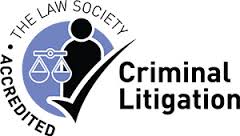 It is perhaps unlikely that you will have a knowledge of police practices, court procedure, rules of evidence and criminal charges. Our solicitors do. A person wouldn’t be shy about consulting a dentist, plumber or accountant depending on need. Why be shy about instructing a free solicitor in the middle of the night?
It is perhaps unlikely that you will have a knowledge of police practices, court procedure, rules of evidence and criminal charges. Our solicitors do. A person wouldn’t be shy about consulting a dentist, plumber or accountant depending on need. Why be shy about instructing a free solicitor in the middle of the night?
Even if you haven’t done anything wrong we can help you.
Choosing to have a solicitor doesn’t make you look guilty to the police. Choosing not to have a solicitor might make you a push over in terms of how the police deal with your case.
Why would you choose to go into the alien environment of a police custody suite or interview without the benefit of a trained expert in the field of criminal law?
If you haven’t done anything wrong, you might still struggle to explain yourself in the pressure of a police interview. Our presence and advice will help with that pressure.
We are entirely independent of the police.
Although we have a legal aid contract with the government, we are entirely independent of the police and the courts. You are our client, and the free advice and assistance that we give will be to help you.
…Because it is never a ‘quick chat’, despite what the police say
The only reason you are being interviewed is because the police suspect your involvement in a criminal offence. Any ‘quick chat’ is to investigate that. The outcome of the chat might be a police caution, or a charge for a serious offence, with serious consequences for your future.
We won’t delay your release.
The time that you are detained in the police station is entirely down to the police. During normal office hours, we have a number of solicitors and accredited representatives who are available to attend the police station at short notice to provide you with free advice and assistance.
Out of hours VHS Fletchers operate an on-call rota system where we have four staff members on call at any one time, and the ability to call on more representatives to assist if need be.
If you are arrested further afield then we will ensure that you are represented by a solicitor who can help you immediately without causing delay.
We know that you will want to be released from the police station as soon as possible, and wouldn’t wish to delay that process. The police, on the other hand, often pass an investigation from officer to officer due to changing shifts or due to how they wish to organise themselves. It is likely to be this, and any investigation they are carrying out, that will cause delay.
If you are charged then what happened at the police station is likely to be very important to your case.
If your case comes before the court then your police interview is likely to be important, particularly if you are having a trial. It is likely to help you if you have given thoughtful and considered responses to police questioning having had an opportunity to discuss the evidence first.
It might be that you have chosen not to answer police questions. This could be because the police have insufficient evidence when you are interviewed. If the evidence is then forthcoming, your solicitor could attend court to tell a jury about the account you gave in private consultation where this is the same as the defence you give in court.
We will give you time to think.
In nearly all cases the police will tell us some information about your case in advance. This may include the names of any witnesses and what they say happened. It can include forensic or telephone evidence. We may have the opportunity of viewing CCTV evidence.
Your legal representative will then have an opportunity to speak with you about the information disclosed and take your instructions. You will receive advice about what the evidence shows and whether you ought to give your account to the police.
It is only when you and your solicitor are happy that you are in a position to be interviewed will the interview take place. Should you need to discuss any aspect of your case during interview then you will be able to request that the interview be stopped for a further consultation.
Your solicitor might notice a point of evidence in police interview that you need to provide instructions on. In that case, they can request that the interview be stopped.
Without a solicitor, the police will not provide you with the evidence in advance and you will have to make your decision whether, and how, to answer questions during the interview. In those circumstances, it might be difficult to give your best account.
We can negotiate with the police on your behalf.
A solicitor will be important in negotiations for many reasons following police interview. You might feel you need medical attention. Perhaps the police need pointing in the right direction in terms of the investigation. There might be a compelling need for your release.
It might be argued that there is insufficient evidence to charge you with an offence. Alternatively, where the police are thinking of charging a serious offence we will have the opportunity to suggest less serious offences.
The police may want to keep you for court to seek a remand into prison custody. We can suggest bail conditions on your behalf at the police station.
Alternatives to charge might be appropriate such as a police caution or a restorative justice measure. Again, we will argue for this on your behalf.
We are free, we are experts and we are on your side.
Make sure you call us, day or night.

Alternatively use the contact form below:
 The cuts to access to justice for those facing criminal prosecutions must be reversed before the disaster that has occurred to the availability of representation for civil legal aid cases is repeated.
The cuts to access to justice for those facing criminal prosecutions must be reversed before the disaster that has occurred to the availability of representation for civil legal aid cases is repeated.







